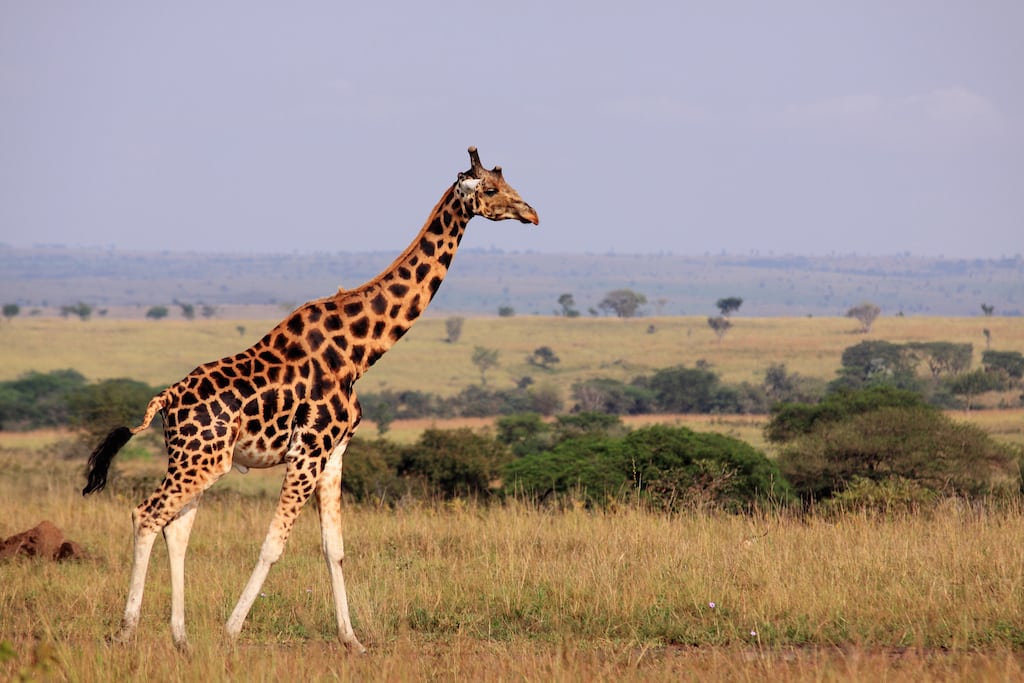Wildlife Safaris at Risk From Africa’s Growing Poaching Problem

Skift Take
The tourism industry can become a powerful force if it works together to combat the risks that poaching poses to what will likely be an vital channel towards sustainable economic growth.
The United Nations World Tourism Organization is calling on governments and tour operators in Africa to take action against the growing threat that the ongoing poaching crisis poses to the continent’s wildlife watching tourism sector.
The organization recently released a report Towards Measuring the Economic Value of Wildlife Watching Tourism in Africa, which aims to highlight the economic importance of wildlife watching and spur tourism authorities to coordinate on anti-poaching initiatives.
Based on the surveys of 48 tourism authorities from
